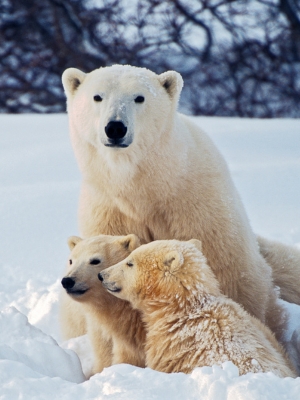To the degree that I personally got to know Sidney Holt, it was over a two week period, during the Conference of the Parties to the Convention on International Trade in Endangered Species, held in Gaborone, Botswana, in 1983. But, we corresponded irregularly until recently and, as is true of anyone involved in whale conservation, I was profoundly aware of his utterly immense contribution to whale conservation. Sidney Holt died on December 22, 2019 at age 93.
As a fisheries biologist, British-born Holt co-authored, with Ray Beverton, a seminal work in 1957, a book entitled On the Dynamics of Exploited Fish Populations. It addressed the concept of “Total Allowable Catch” (TAC) and “Maximum Sustainable Yield” (MSY), which were the theoretical maximum amount of wildlife populations that could be removed without diminishing those populations. As he once said to me, “I’ve spent the rest of my life trying to undo the damage.”
The means by which he did so drew upon a genius-level understanding of the underlying mathematics of biological processes. He once wrote, “MSY both enthrones and institutionalizes greed. It is a perfect example of pseudoscience with little empirical or sound theoretical basis. As a target for management of fisheries, or even as the anchor for so-called ‘reference points,’ it is inadequate and its pursuit increases the likely unprofitability, and even collapse, of fisheries.” As we have since discovered with the collapse of numerous fisheries, he was quite correct. But, ever the pragmatist, he encouraged usage protocols that diminished greed-driven wildlife exploitation where socio-economic drivers prevented termination of such commercial exploitation. His primary and most ardent concern was for the survival of the Great Whales. They were commercially hunted and heading toward sure extinction when Dr. Holt was appointed by the International Whaling Commission (IWC) in 1960s, as a science adviser on catch limits for each hunted whale species.
Dr. Holt was the Director of the Fisheries Resources and Operations at the UN’s Food and Agricultural Organization, Secretary of the Intergovernmental Oceanographic Commission (IOC), and the Director of the Marine Sciences Division at UNESCO. He served in these capacities for 25 years, and then devoted himself full time to the conservation of the Great Whales, mostly at the International Whaling Commission (IWC), winning the Good Medal of the World Wildlife Fund, the Royal Netherlands Golden Ark, the United Nations Environment Program’s Global 500 Award, and Blue Planet Award of the International Fund for Animal Welfare (IFAW). His hope was to live long enough to see the end of commercial hunting of the great whales, which he helped to see greatly curtailed. Finally, in 2018, Japan left the IWC but agreed not to kill whales in Antarctica, which should facilitate the recovery of their numbers to the degree that their future is secured.
But, additional to his academic gravitas, career accomplishments, and honors, Sidney Holt was a dynamic, wonderfully individualistic advocate. Whaling proponents tried to dismiss him as a “hippie” or “radical,” as he helped create a branch of Greenpeace in Italy, where he lived in his later years, became an adviser for animal protection groups and endorsed the high sea confrontational tactics of the Sea Shepherd Society. But, they could not discredit him as his academic credentials, and his command of complex mixtures of biological and mathematical concepts and peer support were collectively unassailable. He was one of a kind, a masterful advocate for the Great Whales, a towering figure in the field of conservation, and a friend, and he will be greatly missed. You did well, Sidney, very well indeed.
Keep Wildlife in the Wild,
Barry

 Dear Reader,
Dear Reader,